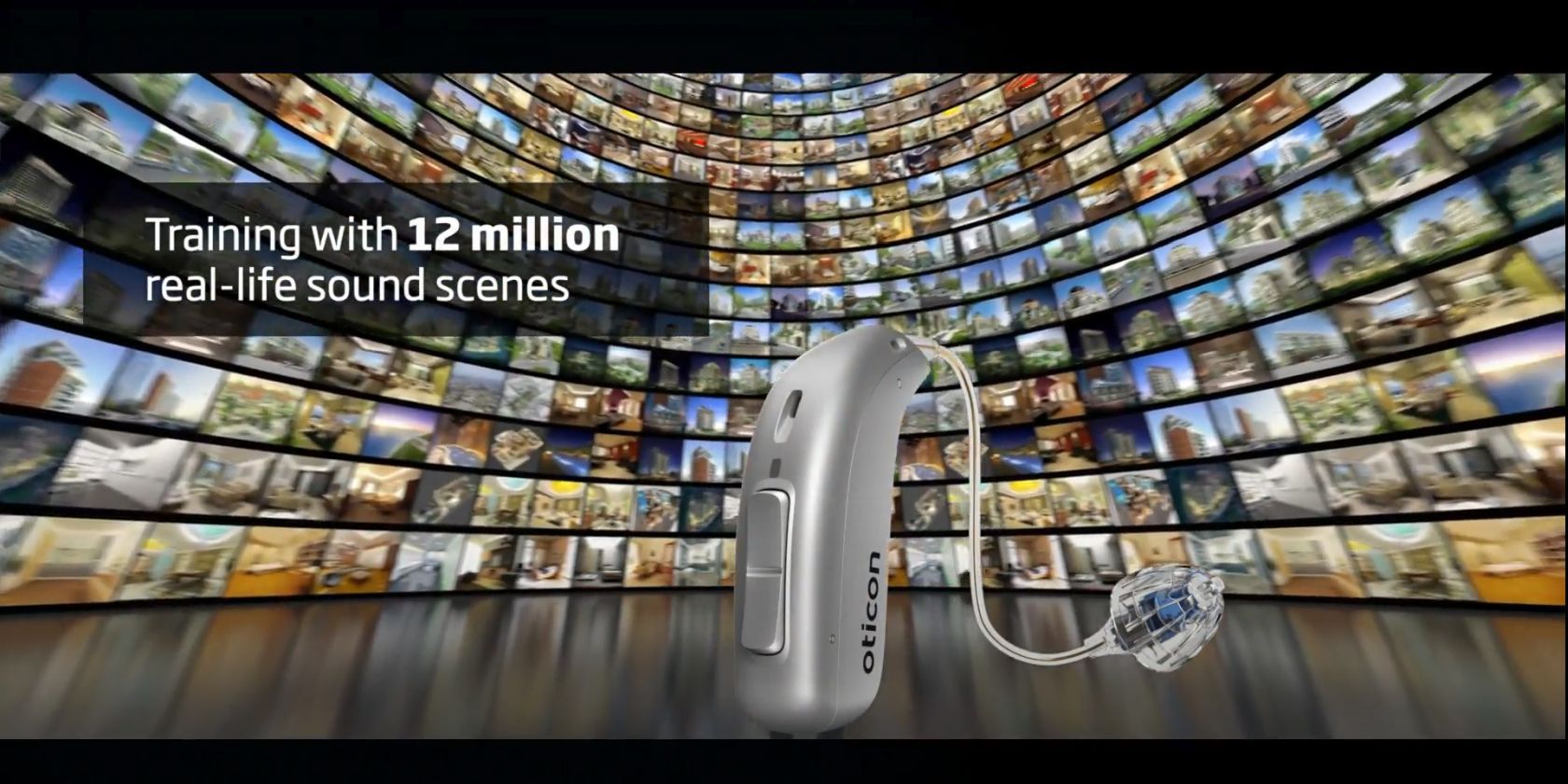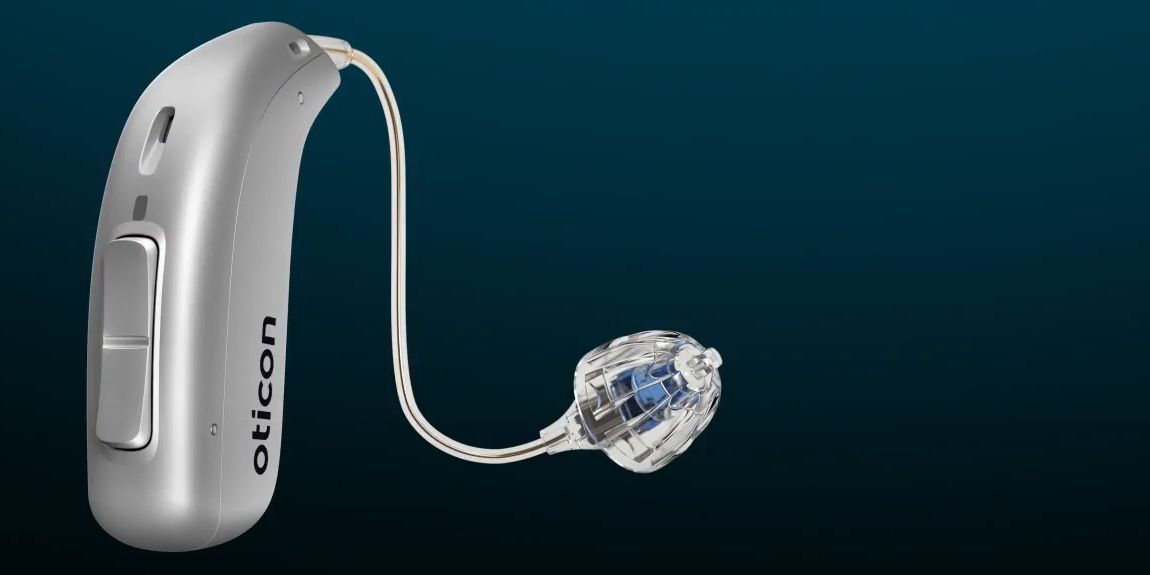Oticon came to CES to launch the world's first hearing aid with an on-board deep neural network (DNN). Trained on 12 million real-life sounds, the Oticon More will give people with mild-to-severe hearing loss a fuller, more balanced, and more effortless hearing experience.
Can Hearing Aids Improve Memory?
People who are hard-of-hearing also tend to struggle with memory.
While traditional hearing aids amplify sound, their output makes it harder for the brain to pick out individual sounds, such as speech or background noise. Oticon says that as listening becomes more of an effort, it also occupies more resources in the brain. That's where sound processing, like Oticon's DNN, comes in.
Annette Mazevski, Au.D, Ph.D., Manager of Technology Assessment for Oticon explains:
If listening effort is reduced, it is easier to understand and less resources are used (this works within the Central Executive function). Oticon More is shown to reduce listening effort, enabling people to remember even more of what’s being said. And, with the introduction of our on-board Deep Neural Net, it has been proven to outperform tradition noise reduction systems.
Oticon says that its new hearing aid provides 30% more sound to the brain and improves speech understanding by 15%.
Donald Schum, PhD, Vice President of Audiology, Oticon, Inc. summarizes:
With Oticon More, wearers receive a more natural representation of all sounds. The DNN in Oticon More has learned the way the brain learns, naturally over time. Every sound that passes through the hearing aid is compared to the results discovered in the learning phase. This enables Oticon More to provide a more natural, full and precisely balanced sound scene, making it easier for the brain to perform optimally.
The Oticon More Supports Bluetooth Multi-Stream Audio
The Oticon More supports wireless Bluetooth streaming from iPhone and select Android devices, i.e. those that support the Audio Streaming for Hearing Aids (ASHA) protocol developed by Google, which generally includes Android 10 or newer.
Where available, you will be able to enjoy multi-stream audio directly to your hearing aids. This technology, powered by Bluetooth LE announced at CES 2020, lets multiple users connect to a single audio source. You can expect this service to be available in public spaces like museums or movie theaters.
The optional Oticon ON app will let you personalize your listening experience. Options include adjusting the volume, changing the program, checking the battery level, or finding your hearing aids should you have misplaced them.
The Oticon More are available with rechargeable lithium-ion batteries (miniRITE R style) that provide up to a full day of battery life after three hours of charging.
At the time of writing, Oticon hadn't provided further specifications, such as the processing speed of its hearing aids. If you're looking for hearing aids with exceptionally fast processing speeds, we can recommend the Widex MOMENT.
Availability of the Oticon More
The Oticon More will be available in eight colors from January 12, 2021. You won't be able to buy them online and Oticon wasn't able to quote a price, but you can inquire at your local hearing care professional. Based on similar products, you can expect a price anywhere from $1,000 to $2,000 per unit.
Oticon says that an in-person fitting remains the gold standard, but your hearing care provider can facilitate a RemoteCare fitting for those unable to leave their home.


